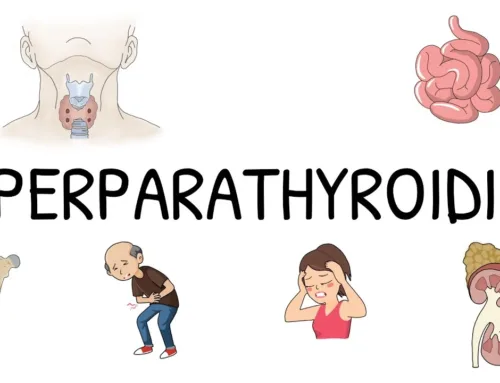Ovarian cysts are fluid-filled sacs that are developed in one or more ovaries. They’re caused by an imbalance in hormones resulting from poor nutrition, stress, or overactive thyroid gland function.
Although ovarian cysts are a part of the menstrual cycle and your body may not cause any symptoms, they can cause irregular periods and painful sex. However, it would be best if you don’t worry about them as long as they don’t have any serious or dangerous symptoms.
See your gynecologist.
If you have ovarian cysts and irregular periods, it’s important to see your gynecologist. They will advise you on what is the best course for your condition.
You can find a gynecologist by calling them. Once you’ve found an office in your area, call them at least a week before your appointment so they can schedule an appointment that works for both of you.
When you see your gynecologist, they will perform a physical exam and ask questions about any symptoms you might be experiencing, such as pain in the abdominal area. They may also take some blood samples for testing purposes. They’ll likely send these off for analysis at another lab, so don’t worry if this takes time before getting back to you with the results!

Treatment
If everything looks normal after examining them physically, then there are two main treatment options that we’ll talk about now:
- The first option is to remove the cyst. This can be done through laparoscopic surgery, where they place a camera in your abdomen and use it to look at your ovaries. They then use small tools to grab hold of the cysts and remove them by cutting them off with surgical scissors or another device.
- The second option is to take birth control pills that contain a hormone called progesterone. This helps to prevent ovulation and can also slow down the growth of ovarian cysts. You may need surgery or other interventions if these treatments don’t work.
Ultrasound and blood work
Ultrasound and blood work will likely be necessary to determine if it is an ovarian cyst or if additional diagnostic testing is needed.
You should take immediate medical advice if you are experiencing pain, bleeding, fever, or severe abdominal pain. Your doctor may also want to know if you have any history of prior surgeries or infectious diseases in the past that could affect your current health status.
The doctor will perform a physical examination of your abdomen and may order an ultrasound to understand the size and location of the cyst. Blood work may also be ordered to check for infection or other problems.
See a fertility specialist.
If you are actively trying to conceive, see a fertility specialist. The American Society for Reproductive Medicine says that about one in five women have difficulty getting pregnant and staying pregnant. A fertility specialist can determine if you are experiencing infertility and may offer treatments to help with this condition.
If you experience implantation bleeding, you may have conceived, but it’s not always safe to assume this is the case without further testing. If you think implantation bleeding might happen to you, call your gynecologist immediately so they can schedule an ultrasound or blood test (depending on how far along your cycle they think it is).
Things you can do to help treat your condition:
- Drink a lot of fluids and eat high-fiber foods.
- If you are experiencing pain, take a hot bath or apply a heating pad to the area that hurts.
- You can also try over-the-counter pain medications such as ibuprofen (Advil) or acetaminophen (Tylenol).
- Avoid caffeine, alcohol, carbonated drinks, and refined sugar as much as possible; these things aggravate the bladder. Instead, opt for herbal teas with soothing properties, such as chamomile or peppermint tea.
- Eat whole grains in addition to fruits and vegetables rich in vitamin C (citrus fruits) because they help neutralize toxins from the body resulting from an overgrowth of the yeast fungus called candida Albicans which is responsible for causing bloating in many women suffering from PCOS symptoms such as irregular periods/ovarian cysts etc.
If you are experiencing chronic or severe pain, contact your doctor immediately.
Avoid getting constipated
To avoid constipation and bloat, drink plenty of fluids and eat high-fiber foods. This will also help with pain from bloating and gas. Some good examples include:
- Raw vegetables are high in fiber. Examples include celery, cucumbers, bell peppers, broccoli, brussels sprouts, and leafy greens like kale or spinach.
- Whole grains like quinoa have lots of fiber too!
- Dried fruits, like raisins and prunes, are also high in fiber.
- If you have trouble getting enough fiber in your diet, try taking a supplement. Talking with your doctor before starting any new medication or supplement is important.
Conclusion
If you have irregular periods, you should see a doctor to determine if it’s due to an underlying condition. When your doctor finds that you have an ovarian cyst, they can recommend treatment. Treatment options vary depending on the area of the cyst and whether or not it can be removed surgically or drained with minimal pain.




[…] Also read How do I get rid of ovarian cysts and irregular periods? […]